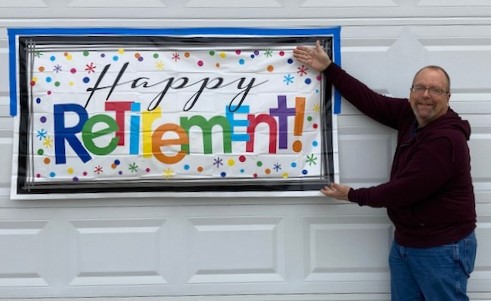Now retired, accounting pro enjoys hobbies, family time
After logging 36 years of state service, Walter Mazza stepped into a new role: retirement. Without fanfare or spectacle, the longtime accounting professional retired a year ago. Inside CDCR caught up with Mazza as he began settling into his new non-work focused schedule, allowing him to enjoy his family and hobbies.
How did you get into accounting?
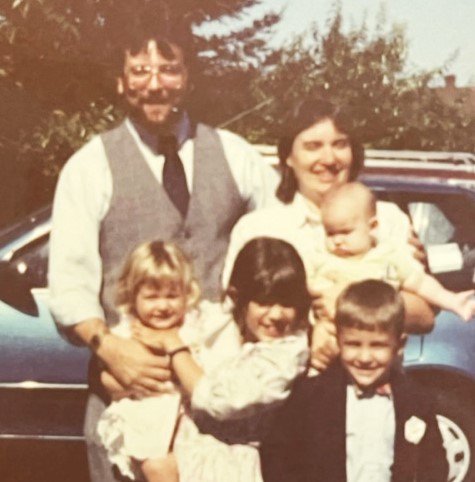
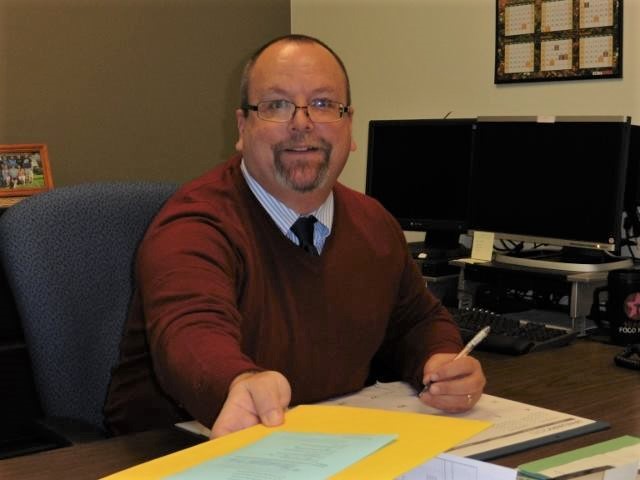

I have always had an affinity for accounting. Beginning with my first job as a paperboy at age 10. I always prioritized my record-keeping, so I knew how much I owed the newspaper, and how much I earned each month.
My grandmother also needed some help with her Avon bookkeeping. I took accounting courses in high school which gave me a great foundation. I was in the catering and restaurant business from age 16 to 25. Once I started having a family, I decided to change careers to accounting, and stop working 7 days a week.
What is a common misconception regarding accounting professionals?
That accountants are a bunch of boring, nerdy pencil pushers who get in the way of staff purchasing what they want. The truth is, I have had the privilege of working with a vast number of competent, dedicated, service-minded accounting staff in my career with the state.
They strive to help the department meet fiduciary responsibilities to ensure the funds we process are within legal requirements of the budget, to prevent errors and fraud, and to ensure we use the taxpayer’s money wisely. Are we nerdy? Some are, but everyone is an individual with varying backgrounds and so much life experience they bring to the job.
How did you see the department change over the years?
In my time with the department, it grew from 18 prisons to 35, plus in-state and out-of-state contract facilities. When I entered the department, it was CDC. The R was added later and our mission changed, to provide greater rehabilitative programs. I saw our inmate and staffing grow due to the “tough on crime” attitude. Then I bore witness to the pendulum swing the other direction, resulting in the reduction of our population through those rehabilitative efforts and legislative changes.
How did accounting change?
I began my career in 1985 at Atascadero State Hospital as an Account Clerk II, joining CDC in 1989 shortly after the first Regional Accounting Office (RAO) opened in Visalia. The RAO was established to bring the accounting functions from Avenal State Prison, CSP-Corcoran, Central California Women’s Facility and Wasco State Prison into a regional office. The goal was to improve efficiencies and ensure standardized procedures were established and followed. This was followed by the expansion of RAOs to seven offices across the state, to include all existing and future institutions, and headquarters programs.
With all the growth, the process for accounting changed. Each institution and headquarters had separate budgets which required each to file a set of year-end reports. Now CDCR has a single budget for the entire department with just one set of year-end reports.
Accounting reorganized to Centers of Excellence, with each office taking on a different primary function including:
- feeding
- travel
- receipts
- accounts payable
- contracts
- inmate accounting
- medical
- general ledger.
This allowed each office to specialize in a given area, to further enhance efficiencies. Accounting staff at one time exceeded 500 positions. Now, due to efficiencies and automation, the job gets done with roughly 330 budgeted positions.
How did technology impact how you did your job?
The internet and email didn’t exist when I started my career. We relied heavily on paper documents since personal computers were in their infancy and just starting to show up in the workplace. We had shared, dedicated terminals to enter our data into CALSTARS, our accounting system at the time.
Typewriters were used to prepare checks and correspondence and relied heavily on paper documents and reports to record, track and reconcile our accounts.
Later, personal computers greatly improved our processes including check printing/processing, electronic spreadsheets improved our ability to create reports and reconcile accounts. Word processing programs improved forms management and correspondence. Email made it possible to have instant access to staff across the state.
In 2008, Accounting Services migrated from CALSTARS to SAP as our system of record, which greatly improved our electronic recording and reporting capabilities. With the ability for our procurement partners to create purchase documents and the warehouse staff to record the receipt of goods in SAP, we were able to quickly, and relatively easily, transition into the telework environment we have today.
Why is accounting an important part of the department and its mission?
Every aspect of the jobs we all do in CDCR are based on the funding available. From paying for personnel, training, purchasing goods and services, paying for utilities, to feeding and medical care for the inmate population. To ensure that we all meet our mission, the funds must be properly accounted for. Accounting staff take great pride in ensuring that we follow all our legal, ethical and moral obligations to provide transparency and accountability to the taxpayers and control agencies.
Walter Mazza: Mentors influence careers
Did you have any mentors along the way? Who?
I have been privileged to have a few over the years. An early mentor was Anne Huffstutlar, responsible for getting me to come from Atascadero State Hospital (ASH) to San Quentin (SQ). She saw potential in me when she was my supervisor at ASH. When she went to SQ, she asked if I wanted to join her there to help get the Office Revolving Fund ready to go into CALSTARS.
She was direct, no-nonsense and respected you if you did your job, but had no tolerance for slackers. In her way, she influenced my future supervisory style.
Another mentor was Elvira Melendres. As my manager, she always challenged me with her questions, to anticipate situations and outcomes, and make sound plans. She was a confidant, mentor and in my final years, a friend and peer. We worked together for over 20 years and could be honest and straightforward with one another. We didn’t always agree, but we respected each other, and I enjoyed getting her perspective, even when it wasn’t easy to hear.
Finally, I have to give a shout-out to Amy Casias, the last Associate Director I worked under. In my final couple years, I was challenged to take on a new assignment over the Inmate Accounting section. I had spent most of my career in the accounts payable arena and had only a peripheral knowledge of what this section did. Amy supported me as I quickly learned this new area, and I am forever grateful for the opportunity to learn something new and challenging, even late in my career.
What advice would you give to someone just starting out with the department?
Challenge yourself. Don’t be satisfied with the status quo. Ask questions to understand how the system works, how you fit into the bigger picture, and what you can do to advance your career. Once I learned the basics of the job, I would ask questions to find out how the work came to me, and where it went and how it affected the operation after I did my part. This way, I would gain insight into how I could do my job better. This allowed me to gain the knowledge I needed to be ready for advancement. Utilize the Learning Management System to improve your skills, especially take advantage of the leadership courses available. They will benefit you even if you don’t want to supervise. We all have the ability to be a better leader where we are.
Also, accept any opportunity to diversify your experience, step outside your comfort zone and try new things. If you falter, don’t give up, use it as a learning experience. This applies to any situation or career choice. If you don’t try, not only will you not fail, but you will not succeed beyond your current ability. Don’t be afraid to relocate if you can to advance your career. But also, don’t advance just because the money looks good. I passed on promotional opportunities that would require me to move to ensure my home life was stable and secure for my family.
What steps did you take to help balance your work and home life?
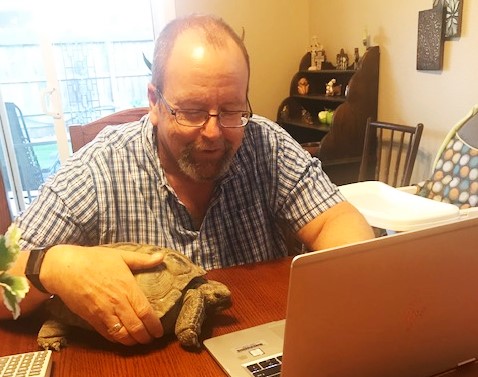
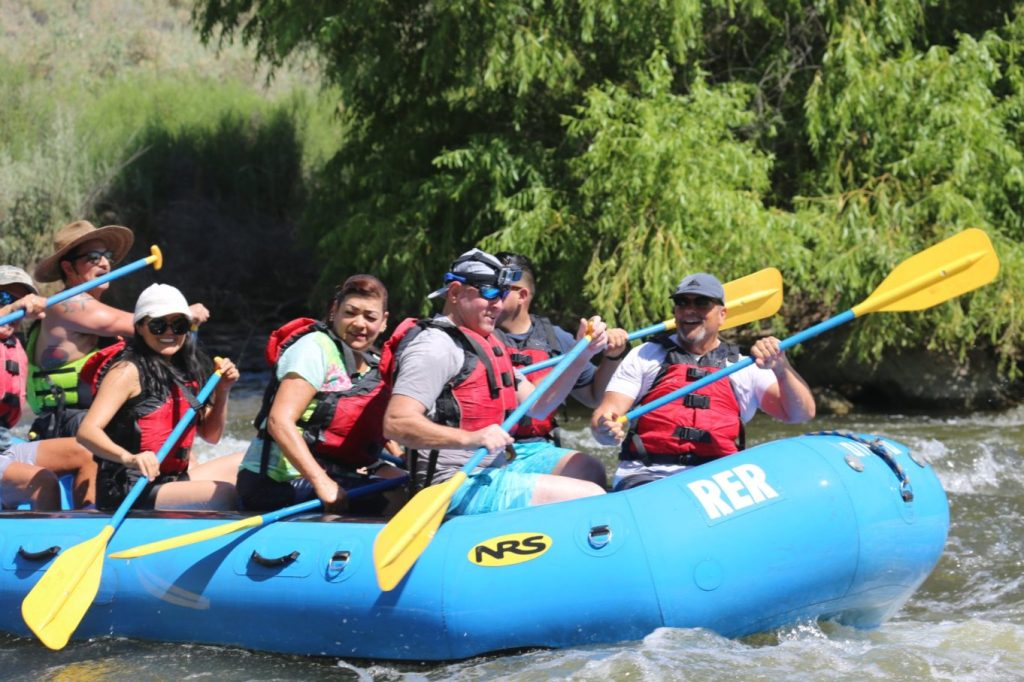
I have always said that I work to have a life, work is not my life. I tried to always keep my priorities straight. My priorities are in order, my faith in God, my wife and kids, and the job to provide for them. My wife was a stay-at-home mom to our four kids so there were times in my career I worked two jobs or overtime to make ends meet. To keep a healthy balance, I made sure I spent time with my family, making them a priority. Activities included taking them camping, playing in the yard, riding bikes, being a “band dad” during their junior and senior high school year, supporting their forays into sports, overseeing homework and chores and being a supportive husband by doing my share of housework and child rearing. Hobbies included woodworking, home improvements, gardening and cooking.
Looking ahead, do you have any special plans?


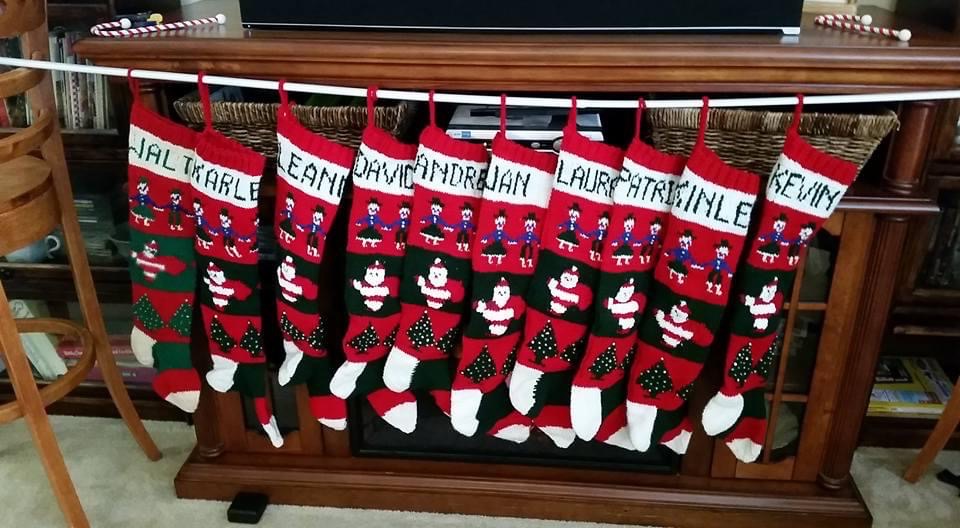
As I head into retirement, I cherish the time I will spend with my family, including my wife of 44 years (we got married the November after graduating high school), my four kids and their spouses, and my nine grandchildren. I will enjoy the many hobbies I have had over the years including woodworking projects, home upgrades and repairs, food sculpture/carving and catering, reading, knitting Christmas stockings for my latest grandkids (I use the same pattern my grandma used to make stockings for her grandkids), head to the lakes to kayak and paddle board, enjoy motorcycle rides in the country and use my America the Beautiful National Park senior pass to visit and enjoy as many National Parks as I can. Additionally, I have a stated goal of building my own sailboat. I never finished the one I was working on in high school.
By Don Chaddock, Inside CDCR editor
See more stories highlighting CDCR/CCHCS staff.
Follow CDCR on YouTube, Facebook, X (formerly Twitter). Listen to the CDCR Unlocked podcast.
